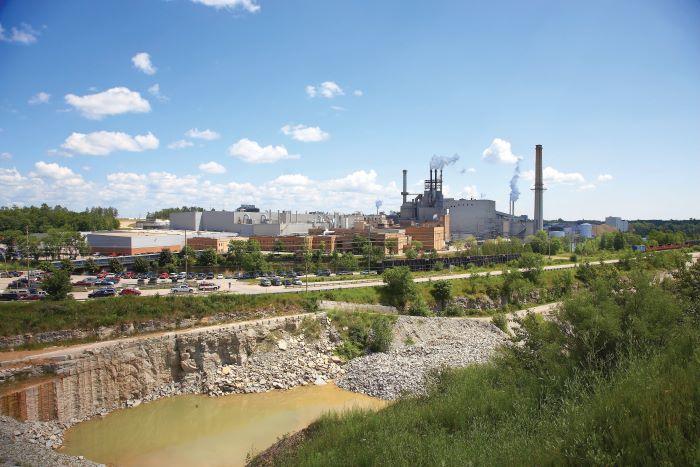Inhalation of the airborne spores of the fungus Blastomyces has killed a worker and hospitalized 12 others at a large paper mill in Michigan’s Upper Peninsula.
Local public health authorities announced last week that were 27 confirmed and 76 suspected cases of the respiratory illness called Blastomycosis among the plant’s nearly 900 employees.





